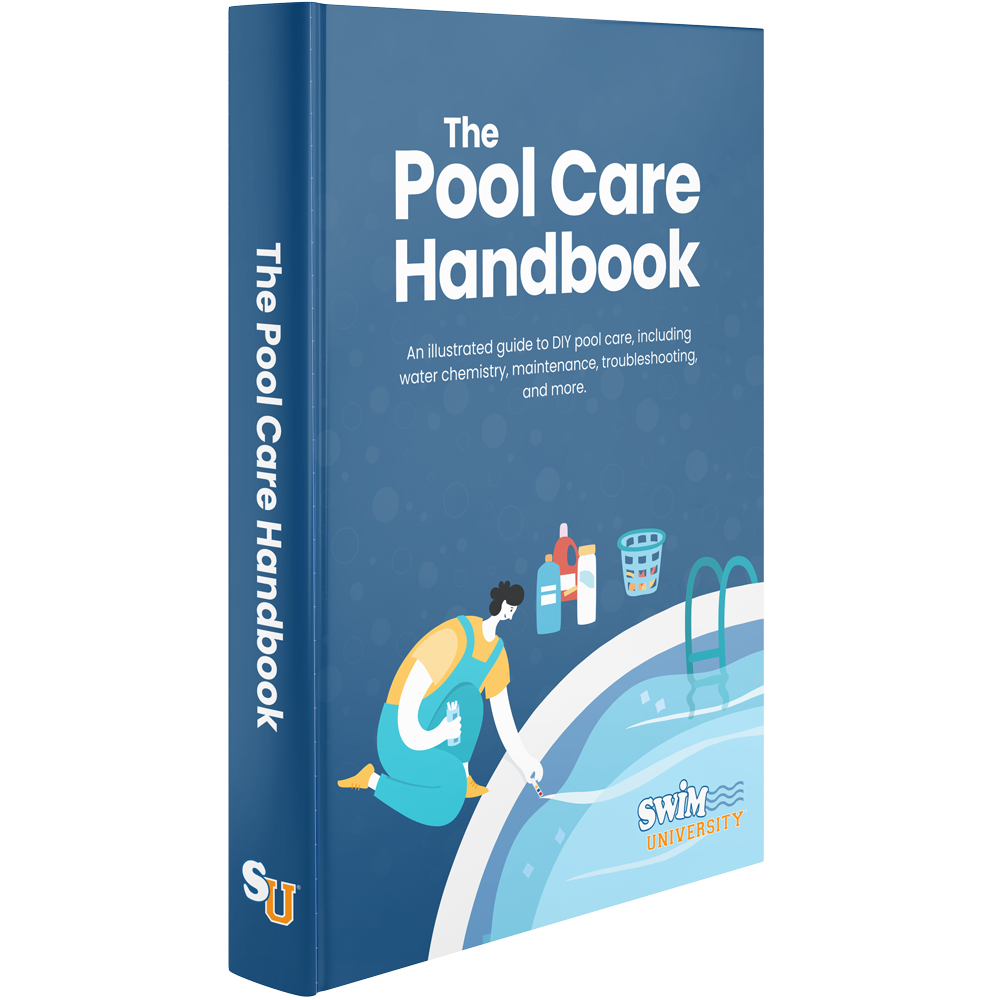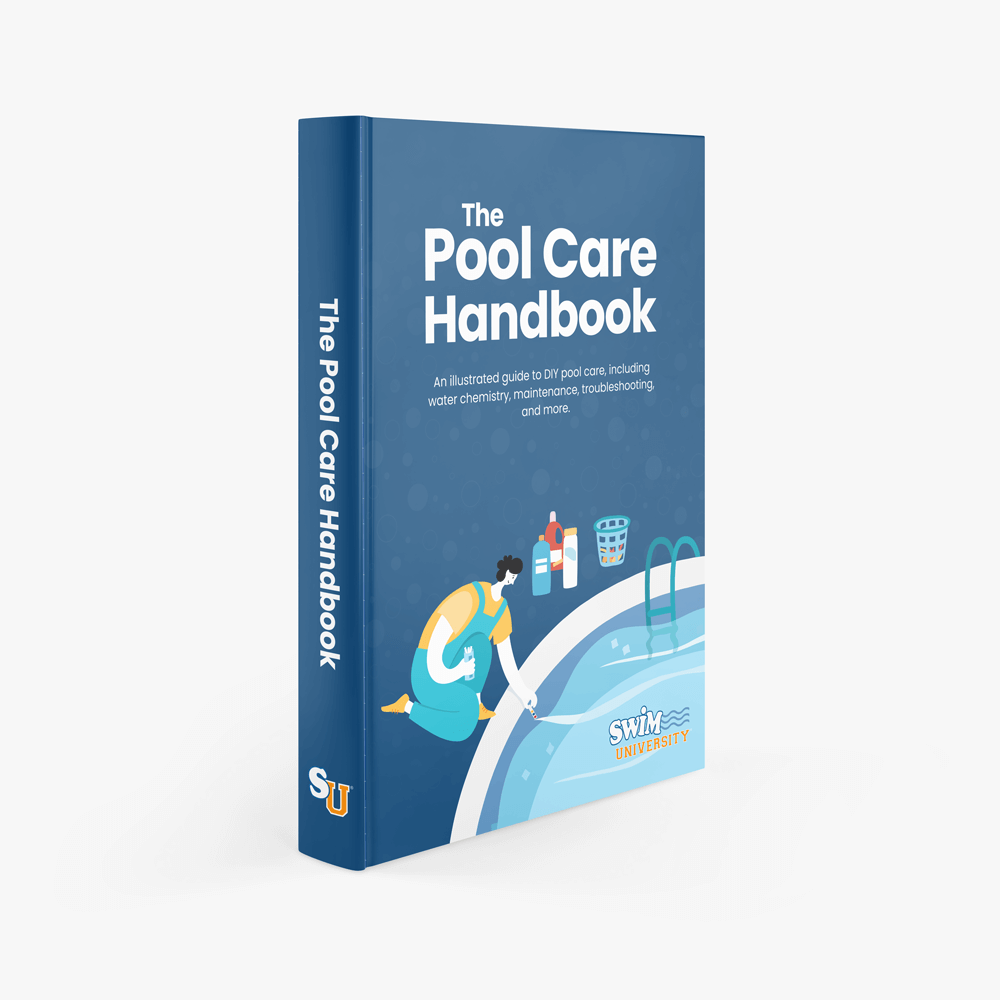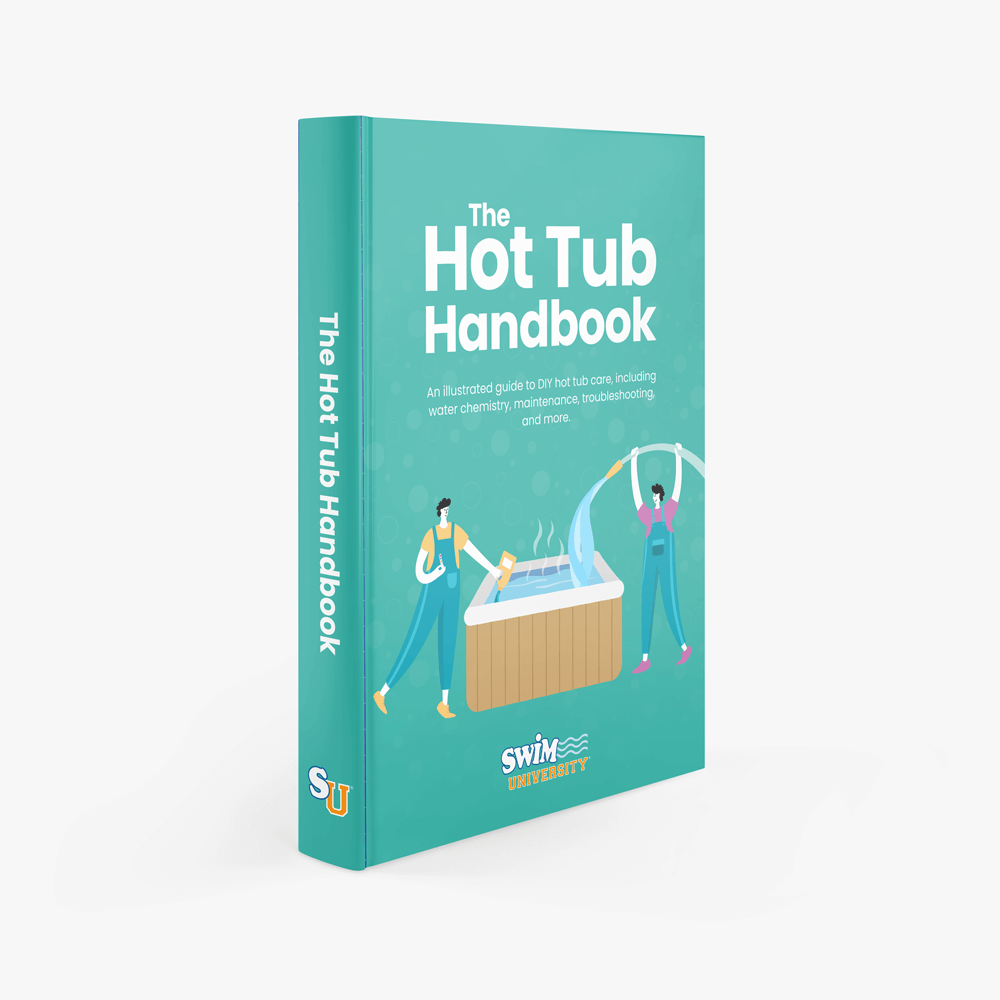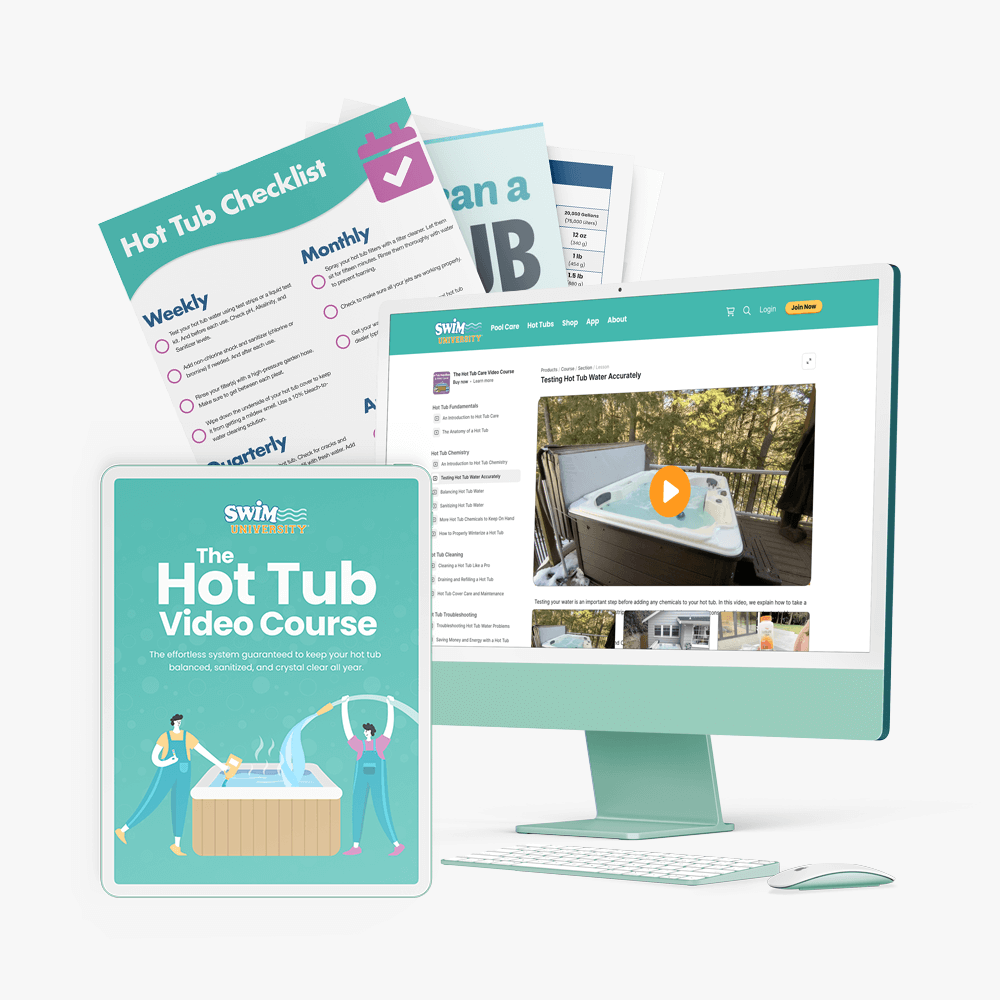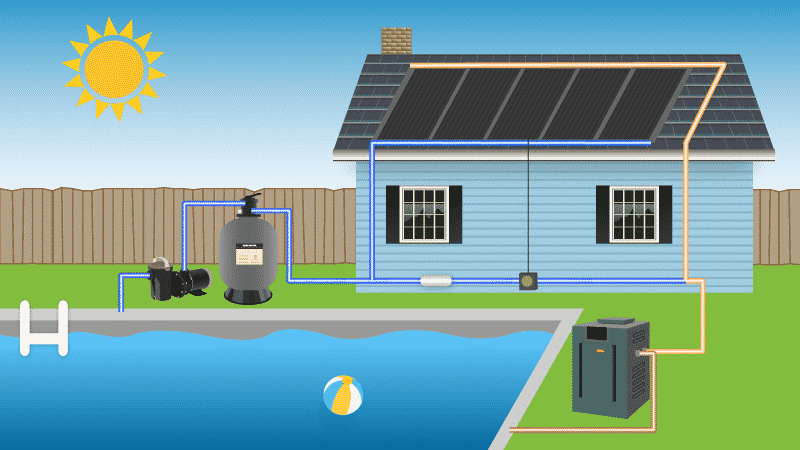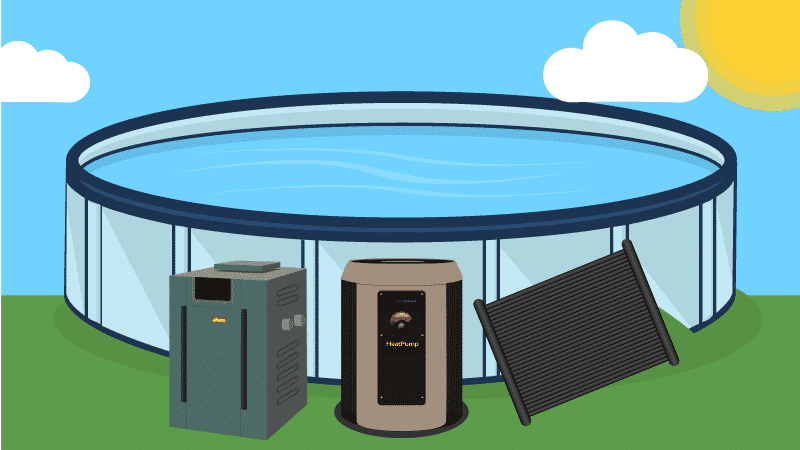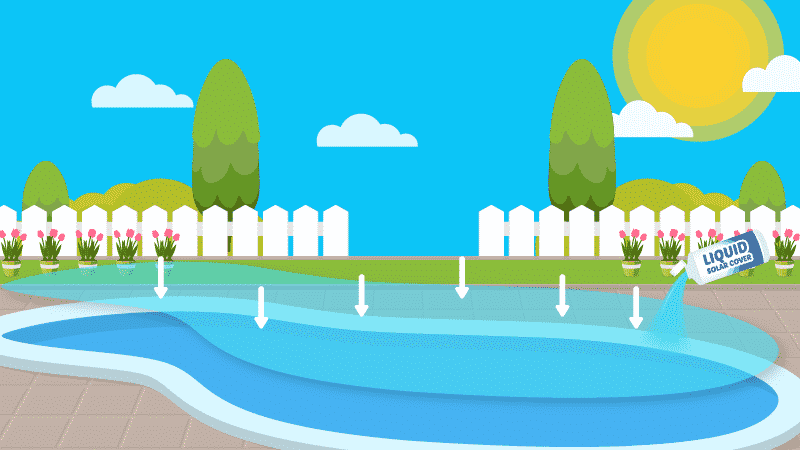The Complete Guide to Pool Heat Pumps
Wouldn’t it be great if you could open your pool earlier in the spring or keep it open later into the fall? Or maybe even winter? There’s nothing quite like swimming in a nice, warm pool when it’s cool outside.
Get a pool heat pump, and you can get that experience without jacking up your utility bills.
This is the ultimate guide to keeping your pool sparkling clean throughout the year that contains everything you need to know about taking care of your pool the right way.
What is a Pool Heat Pump?
It’s an appliance to heat your pool’s water, just like a gas pool heater or a solar pool heater.
Pool heat pumps differ from gas heaters in that they don’t produce heat—they transfer it.
How Does a Pool Heat Pump Work?
If you’re looking for a highly efficient pool heater, look no further than the pool heat pump. Well, solar heaters are super efficient too. But heat pumps are actually more similar to solar heaters than you you may think.
The pump uses electricity to pull in air that’s been warmed by the sun, and then moves it to the water to heat it.
What’s that? You want the technical, sciencey explanation? We got you.
- The pool heat pump pulls in cool water from the pool.
- The unit contains freon (a liquid refrigerant) and a compressor powered by electricity.
- The freon is compressed until it reaches a temperature of more than 200°F (93°C).
- The freon passes from the high-pressure zone of the unit, through an expansion valve, and into the low-pressure side, where the pressure on the freon is released.
- The freon turns into a hot gas.
- The gas flows through a set of evaporator coils.
- As it circulates through the evaporator coils, the gas quickly cools.
- During this cooling process, the gas transfers its heat to the water circulating through the heat pump; the refrigerant and the water never make direct contact.
- The pool heat pump’s fan pulls in warm air, which flows over the coils and preheats the gas; the hotter the ambient temperature, the more heat the evaporator absorbs.
- The freon reverts to a liquid.
- The warm water flows into the pool, heating it.
- The heat pump pulls more cool water in from the pool.
- The process starts over and continues.
Aside from the electricity used to power the unit, a heat pump uses very little energy, making it an efficient and cost-effective method for heating your pool.
A super quiet acoustic compressor cover and profiled fan blade which is also efficient performance. And the titanium heat exchanger is designed for maximum heat transfer, efficiency, and reliability.
Ideal Conditions for a Pool Heat Pump
The unit’s ability to heat the water passing through it depends, in part, on the warmth of the ambient air drawn into the heat pump. The warmer the air is outside, the warmer it will get in the unit, and the warmer your pool will be.
Once temperatures start to drop, the heat pump won’t be able to warm the water as much. Ambient temperature must be approximately 50°F (10°C) or higher for the unit to work properly. Any lower than that, and it won’t be able to keep the water warm anymore.
In addition the more humid the air is, the more heat the heat pump will be able to extract from it. This makes heat pumps an ideal choice for heating a pool in warm, humid climates.
Like any appliance, a pool heat pump can occasionally run into trouble. Knowing what to look for can help you enjoy uninterrupted warmth in your pool.
How to Troubleshoot a Pool Heat Pump
If your heat pump is acting up and not heating your water the way it should, it’s not too difficult to troubleshoot it and perhaps even fix it yourself.
Usually the first indication you’ll have of a problem is the pool won’t be as warm as it should be. If that happens run down this list of possible causes to find the culprit and get the heat pump up and running again.
Tripped Breaker
It’s a pretty obvious problem, isn’t it? Is the heat pump on or off? The thing is, even if it’s on, it’s possible the breaker has tripped. Check the breaker box. If that’s not it, there may be a problem with the wiring, either in the breaker box or the hot tub.
Important: Use caution when dealing with electricity, especially around water. If you do find an electrical issue you’re not comfortable addressing yourself, don’t hesitate to call a professional.
Low Water Flow
It’s on, it’s working, but the pool just isn’t as warm as it should be. Could be low water flow, a common problem with pool heat pumps.
Check all the valves to make sure they’re open, then check whether the filter is dirty or even clogged. That’s an easy fix—just clean the hot tub filter.
Clogged Evaporator Coil
A heat pump needs air to heat water. If the evaporator coil becomes clogged with debris, the air flow will be too low to provide the right amount of heat for the water.
Check the coil and remove any leaves, dirt, sticks, twigs, or any other debris that may have gotten caught in there.
Thermostat Malfunction
Is the thermostat set to the right temperature? Remember, it needs to be set higher than the actual temperature of the water.
Use a thermometer to check the water to see if you have the settings correct. It could simply be a bad thermostat you’ll need to replace to get the heat pump back into working order.
Ice
Let’s be honest. Finding ice on a heating appliance is an indication of something gone horribly wrong. Luckily, it’s easy to diagnose the problem—it’s too cold outside for the heat pump to function.
When the temperature outside reaches about 50°F (10°C), the refrigerant inside the unit is already approaching freezing temperatures. This can cause ice to form, clogging the heat pump and preventing it from running.
Check the outside temperature. If it’s 50°F (10°C) or lower, it’s time to turn the pool heat pump off.
Freon Pressure Error
Are you getting an error on the control panel for freon pressure? You’ll need to check whether it’s too low or too high.
If the pressure is too low, chances are it’s too cold outside to operate the heat pump. In this case, you’ll have to turn it off and wait for the weather to warm up before using it again.
If the pressure is too high, you probably have a low water flow problem. See above for that fix.
Leaks or Condensation
If see water in or around the heat pump, don’t panic. Your first thought may be that it’s a leak, but it could just be condensation forming and then dripping from the unit.
Using a chlorine test strip, test the water around the heat pump. If it gives a reading, that’s pool water, and you’ll know you have a leak. If the test strip gives no reading, you can relax—it’s only condensation. It still needs to be addressed, though, because it means the heat pump probably has a clogged drain.
Remove any debris from the drain, and everything should go back to normal.
If All Else Fails, Call a Pro
If none of these remedies work, or you’re unable to find the problem, or it’s something you’re not comfortable fixing on your own, call a pro. Better to have your heat pump fixed properly than void the warranty or even possibly make the problem worse.
Extend Your Pool Season
What’s the point of having a pool if you can’t enjoy it? Shorten the time your pool is closed, and get more out of it than ever simply by hooking up a pool heat pump. You’ll be glad you did.
Happy Swimming!
3 Ways We Can Help With Your Pool
- Pool Care Cheat Sheets (Free): Easy-to-use downloadable guides to help you keep track of taking care of your pool this year.
- The Pool Care Handbook: An illustrated guide to DIY pool care, including water chemistry, maintenance, troubleshooting, and more.
- The Pool Care Video Course: You’ll get 30+ step-by-step videos and a downloadable guide with everything you need to know about pool maintenance.

